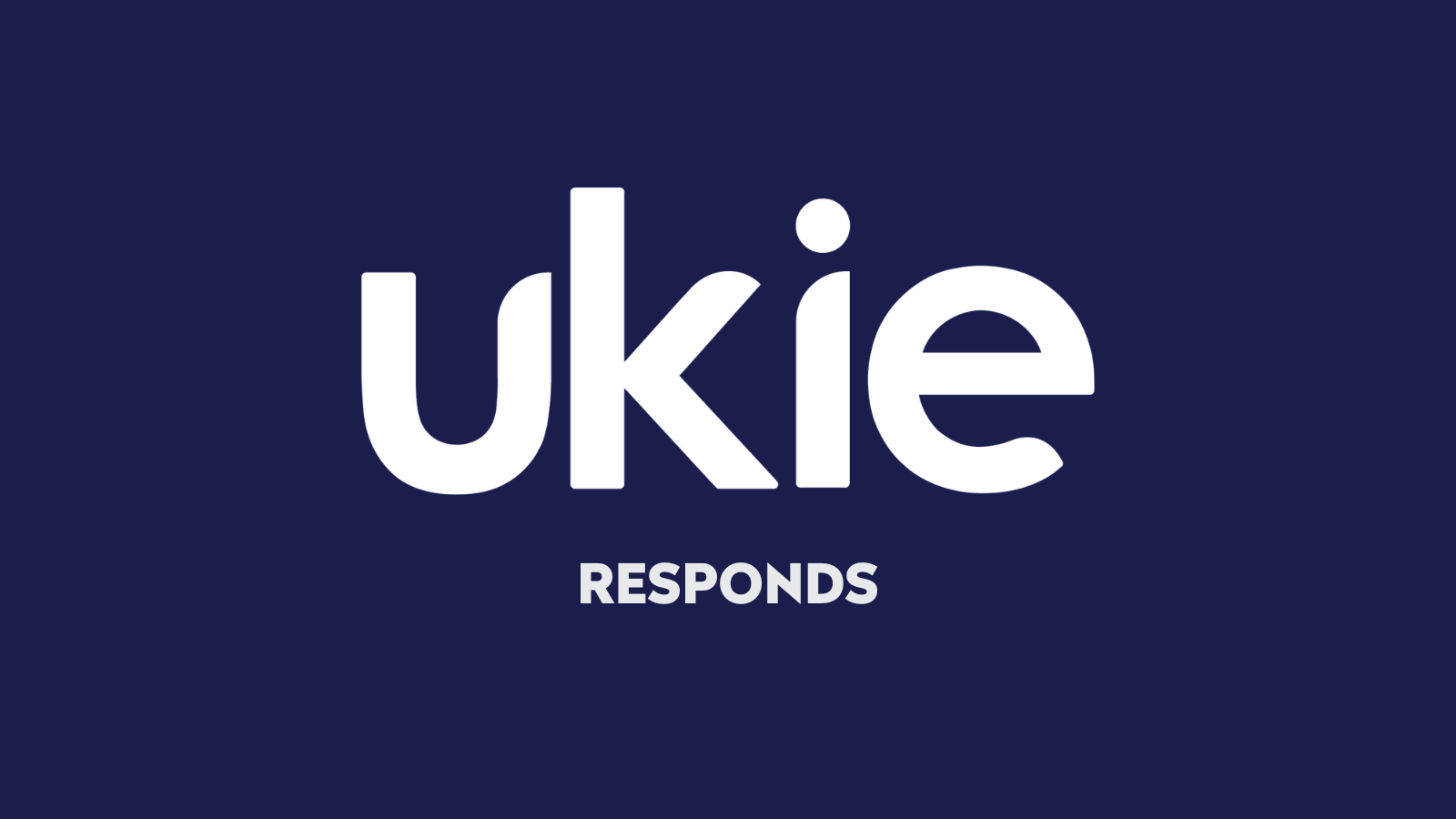Earlier this week, the Home Secretary announced wide ranging changes to our immigration system which will have far reaching consequences for many industries including the UK video games industry.
As a fast-moving, global and highly skilled sector, video games businesses have always relied on immigration and workers from overseas to fill shortages for a variety of roles where our domestic labour market, and education system has not delivered the right amount of people with the right skills to fill those roles.
The wider industry is global in nature and has a highly internationalised workforce. According to Ukie’s most recent census data, the UK games industry has around 29% of roles filled with people from outside of the UK (European Economic Area and Rest of the World.) This number covers roles at all levels – junior, mid-level, senior roles, studio leads and other managerial roles. This contrasts with 11% of roles filled by workers from the EEA and the rest of the world in the wider economy.
Companies were recently having to factor in an increase in visa charges and health surcharges which Ukie estimated would have cost companies an additional estimated £6300 for a 3-year visa. Now, with the increase in the skilled worker visa salary threshold – studios are facing further cost pressures through having to potentially increase salaries for all affected positions or leaving roles unfilled.
Ukie estimates that the skilled worker visa increase will affect roughly 2800 roles in the industry – or approximately 12% of the direct UK workforce.
This will compound serious issues that are already being felt across the UK industry already. The UK games industry contributes £6bn to our economy despite a relatively small workforce and is spread across the UK – not just concentrated in London and the South East. We are however already facing a significant challenges around which are acting as a brake on our continued growth. Whilst there have been recent redundancies in the UK and globally - there are still well over 1000 vacancies in the industry at the moment – roles that are unfilled because of a lack of suitable domestic talent.
This new policy creates further strains – studios don’t have the right available talent to fill shortages and the people that they have had to recruit from overseas will be more expensive to hire from April onwards.
Games companies recognise that industry can and must do more in how it links with universities and educational institutes across the UK and it is beginning to step up to address this. However, for all businesses, the ability to plan ahead and factor in labour and development costs is of vital importance. For the continued health of the UK games industry an open and inviting business environment and access to the best talent is essential. The industry thrives off the input of a diverse and creative workforce in order to create the next version of a global sensation or the surprise indie hit.
The Government’s announcement creates not only a short-term headache for companies but stands to exacerbate a long-term structural issue and in turn risks making the UK a less attractive place to set up or scale up a games business.
This year DCMS heralded its creative sector vision, promising to create 1 million new roles in the creative sector by 2030. The Chancellor has also highlighted the creative industries as a priority area for economic growth. The announcement this week makes these goals harder to achieve.

